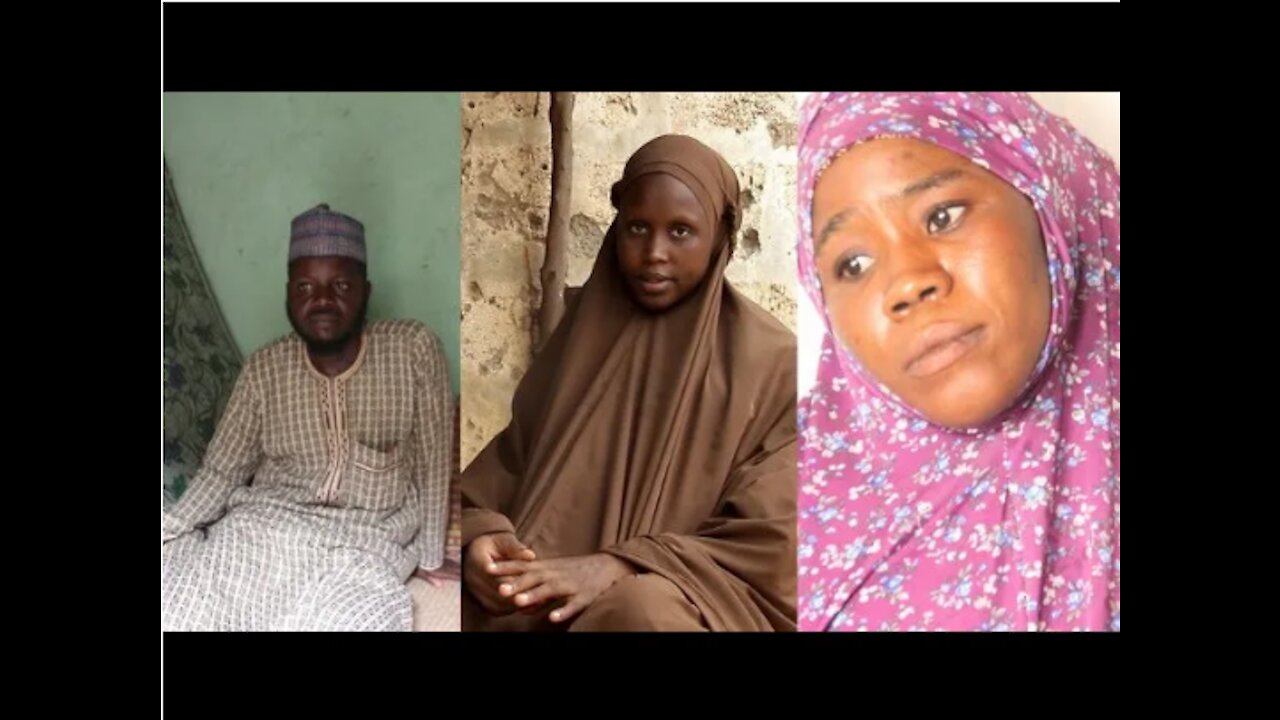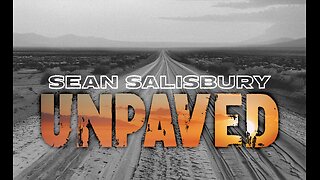Premium Only Content

The Kano Pfizer Scandal: 24 years later, some victims are still not compensated
In 1996, 11 children died and dozens were left disabled after Pfizer administered anexperimental anti-meningitis drug, Trovan in the Nigerian state of Kano.
Because of the adverse effects which the vaccine had on the children (death and disabilities), Pfizer found itself fighting numerous lawsuits while denying liability (both criminal and civil) throughout.
Pfizer had flouted health regulatory laws and experimented on children without the full parental consent having been obtained. The parents were unaware that their children were part of a drug experiment, nor were they informed that an adjacent clinic by the Medicines San Frontieres could have given their children a proven antibiotic. Neither were they told about the risks of Trovan, the oral antibiotic on which the experiments were premised on. The result was a protracted legal battle, in which corruption allegations on the side of Pfizer and the Nigerian government emerged.
As the legal battles went on, Pfizer maintained that the children had died from the disease and not from the experimental drug.
200 children were part of the experiment, and as many as 11 died. Other children suffered meningitis-related symptoms such as deafness, lameness, blindness, seizures, disorientation, and, in one case, an inability to walk or talk.
The company was desperate for data so that their drug could get approved. A process that should have at least taken a whole year (or longer) was concluded in six weeks. Trovan was later approved in the U.S. market for adults and not children. Two years later, the U.S. Food and Drug Administration (FDA) warned that the drug could cause liver damage and death, and it has since been discontinued.
-
 47:50
47:50
Candace Show Podcast
6 hours agoBREAKING: Judge Makes Statement Regarding Taylor Swift's Text Messages. | Candace Ep 155
94.3K104 -
 DVR
DVR
Josh Pate's College Football Show
2 hours agoCFB’s Most Hated Teams | FSU & Clemson Future | Big Ten Win Totals | Star Rankings Overrated?
5.76K -
 1:33:47
1:33:47
CatfishedOnline
4 hours agoGoing Live With Robert - Weekly Recap
19.4K -
 55:18
55:18
LFA TV
1 day agoEurope’s Sudden Turn Against America | TRUMPET DAILY 3.6.25 7PM
25.5K3 -
 4:21
4:21
Tundra Tactical
4 hours ago $1.38 earnedPam Bondi MUST Enforce Due Process NOW!
18.4K1 -
 56:42
56:42
VSiNLive
5 hours agoFollow the Money with Mitch Moss & Pauly Howard | Hour 1
43.6K1 -
 1:05:32
1:05:32
In The Litter Box w/ Jewels & Catturd
1 day agoShalom Hamas | In the Litter Box w/ Jewels & Catturd – Ep. 756 – 3/6/2025
98.7K37 -
 1:23:00
1:23:00
Sean Unpaved
6 hours ago $2.98 earnedNFL Free Agency
50.9K3 -
 18:25
18:25
Stephen Gardner
6 hours ago🔥The REAL REASON the Epstein Files are being HIDDEN | I CONFRONT Alan Dershowitz for details!
63.3K109 -
 1:58:44
1:58:44
The Quartering
9 hours agoTrump To Charge USAID Staff, Campus RIOT Erupts, Theo Von & Candace Owens, Ukraine Gets Worse!
114K72